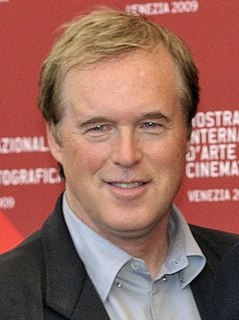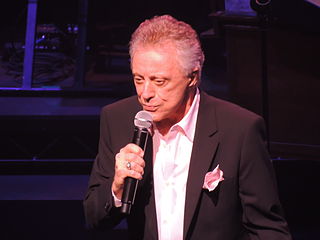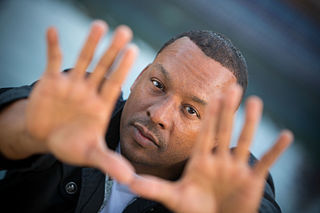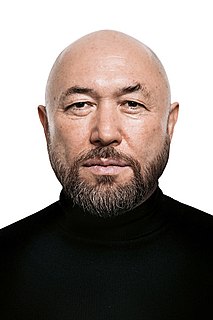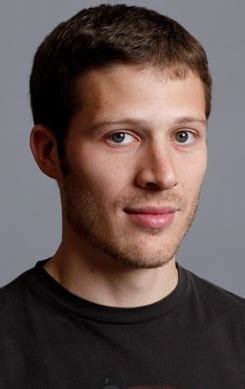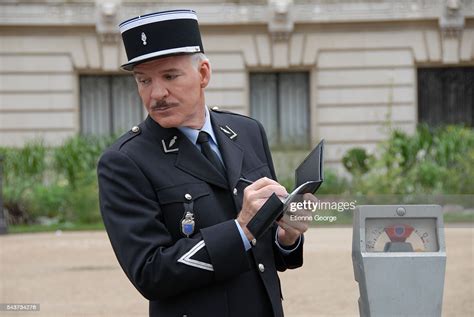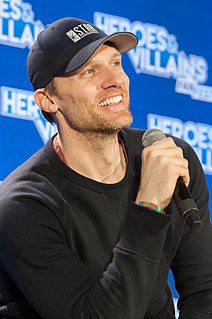A Quote by Matthew Quick
So I’m thinking this is the part of my movie where things appear as if nothing is going to work out. I have to remind myself that all movie characters go through this sort of dark period before they find their happy ending.
Related Quotes
Maybe my movie isn't over, I say, because sometimes moviemakers trick the audience with a false bad ending, and just when you think the movie is going to end badly, something dramatic happens, which leads to the happy ending. This seems like a good spot for something dramatic to happen, especially since it's my birthday.
Being a black filmmaker, one of the things I wanted to do with the movie is make sure I told it from a different perspective. I wanted to take myself out of it as a black male. I wanted to look at this movie through the eyes of Tully, to understand what he was thinking, and feel what he was feeling as much as I could.
I was living in a terrible time when people were being accused of being communists, and they attacked the movie industry, especially the writers. People couldn't work if they were on the blacklist. The studios banned them. It was the most onerous period in movie history. I don't think we have ever had a period so dark as that.
If the movie is terrible you can have fun. You can joke about it and have a ball. The movie is already sort of established as a kind of extraordinary piece of work even though it hasn't opened yet to the public. It is harder because you can't go against it and you can't be interesting. You have to go with the flow. Although one is very happy to be in it, it is sort of hard to talk about it. It is hard to talk about successful. It is much easier to talk about failure.
I definitely prefer real-life endings. But I do like having an ending. I hate when a movie just sort of ends and is so open-ended you feel like it wasn't finished. I appreciate leaving things up to the interpretation of the audience and letting them make decisions about where things will go in the future - but the director has to make a decision; otherwise it is sort of a cop-out.
Making a movie is a network of decisions that keep multiplying as you go. You leave a trail of decisions behind you, and that's how you start to see the shape of what you've done. When you get far enough, you turn around and say, 'Ha, that's the movie.' It's only then that you find out if it's going to work or not.
I came out to Los Angeles for a couple of meetings in the summer of 2005, and I ended up getting a movie called Firehouse Dog for Fox. And I thought, "Oh, man. I'm doing a movie. Maybe I'll work a lot more now. I'm an actor now." Then, for eight, nine months I didn't work after that. After that movie, I began to get some guest star roles, fairly consistently, but because I had been so presumptuous before in thinking that the other jobs would lead to something, I realized: "Just get up. Go to work. Go home. This is your job just like everyone else's job."

